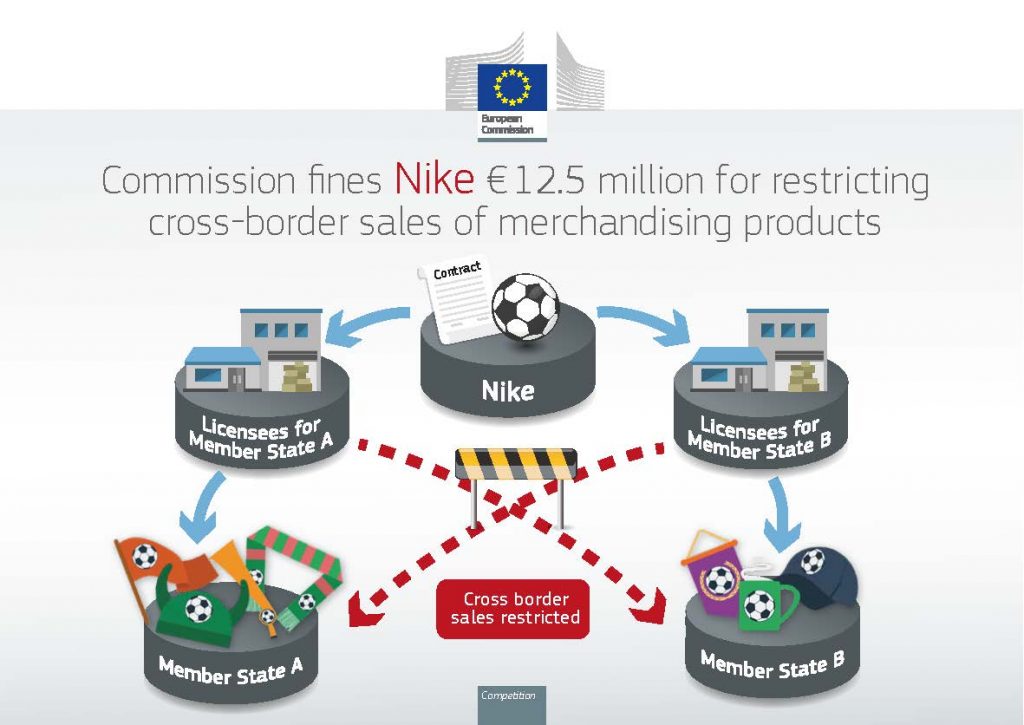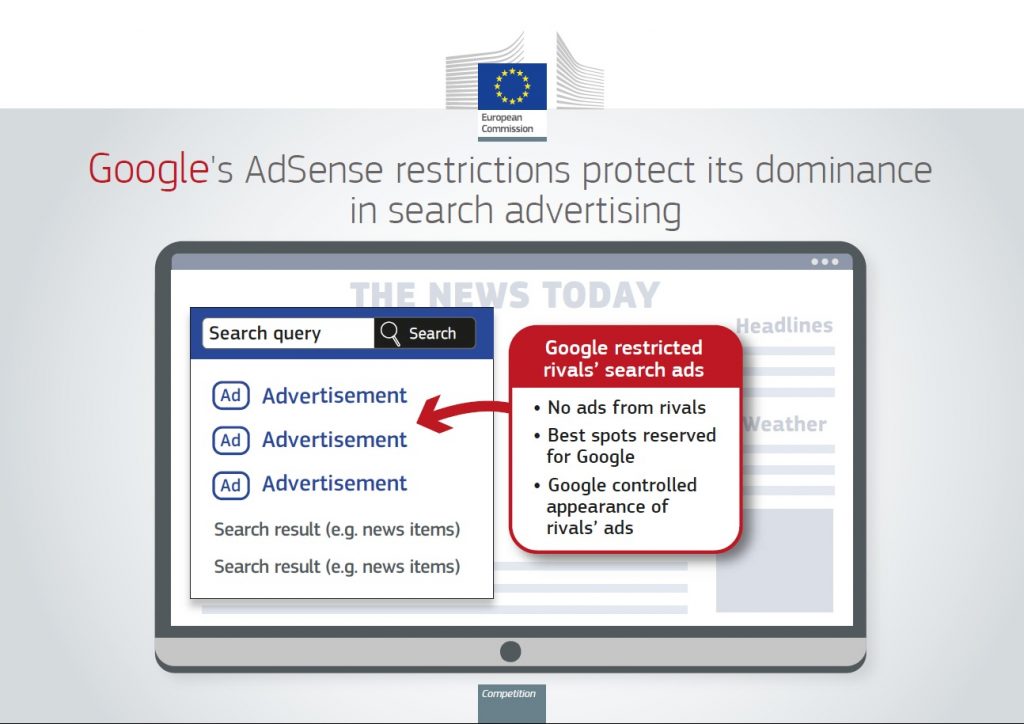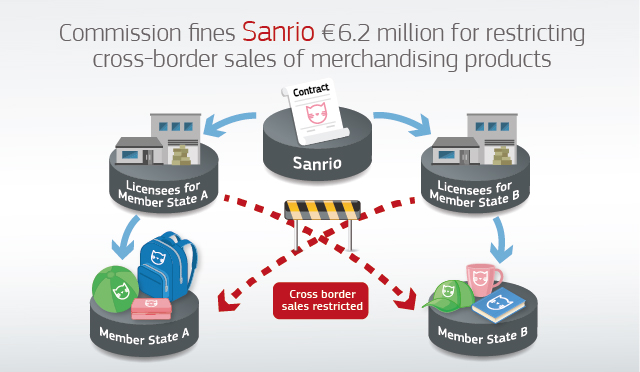First time in Russian legal history the Russian magistrate court has imposed fine on Russian media resource under the Russian law on fake news. The magistrate court has imposed 200 thousand Roubles fine on internet resource and 60 thousand Roubles on chief editor of this resource for dissemination of fake news under Russian administrative code.
Comments closedCategory: Enforcement
The history with Telegramm shows that Russian internet watchdog Roskomnadzor is not able to shut down services blocked under Russian court orders. Moreover, many officials from Russian government and authorities use Telegramm and even sometimes organize a bidding for research of social activity in Telegramm’s community. It is not good for reputation when almost all internet users tell jokes and make memes on RKN’s ability to execute will in relation to restriction of access to internet resources.
Comments closedThe Russian district court has seized the object of intellectual property almost first time in Russian legal history within the frames of criminal case. The investigators from Russian Federal Security service have filed motion to size property, including software developed by the indicted person. The investigators believe if the seizure of property can be applied in the case, the software is to be also arrested.
Comments closedCan technical report be protected by copyright? For example the Russian courts believe it can be. But unlike the USA or UK copyright law system for the Russian copyright system it was important the presence of creativity rather then originality. So, under the Russian copyright law it was necessary for the subject matter to be created with creativity, the originality was not so important for protection by copyright.
Comments closedBaseline option
Without intervention at EU level, legal uncertainty in this sector is expected to increase and publishers’ bargaining position would further weaken. The loss of print revenues is not expected to be compensated by the increase of online revenues. Online revenue streams feature smaller margins, as the competition for digital advertisement revenues is tough and free-access press items are widely available. Moreover, access to news through smartphones is increasing every year. As advertising revenues linked to access through smartphones are lower than through computers, this evolution of news consumption would make overall revenues decrease.
Comments closed
 This spring the European Commission has fined Nike €12.5 million for banning traders from selling licensed merchandise to other countries within the EEA. This restriction concerned merchandising products of some of Europe’s best-known football clubs and federations, for which Nike held the licence.
This spring the European Commission has fined Nike €12.5 million for banning traders from selling licensed merchandise to other countries within the EEA. This restriction concerned merchandising products of some of Europe’s best-known football clubs and federations, for which Nike held the licence.
Comments closed
 The European Commission has fined Google €1.49 billion for breaching EU antitrust rules this spring. Google has abused its market dominance by imposing a number of restrictive clauses in contracts with third-party websites which prevented Google’s rivals from placing their search adverts on these websites.
The European Commission has fined Google €1.49 billion for breaching EU antitrust rules this spring. Google has abused its market dominance by imposing a number of restrictive clauses in contracts with third-party websites which prevented Google’s rivals from placing their search adverts on these websites.
Comments closed
Russian social network Vkontakte has signed ant-piracy memorandum with book publishers and online stores. The aim of memo is similar to audio-visual memo signed by the Yandex & IT companies with audio-visual right holders (mostly Russian media companies making content for Russian TV). The memo supposed to anti-piracy checking of book content before the downloading.
Comments closed

The European Commission has fined Sanrio €6.2 million for banning traders from selling licensed merchandise to other countries within the EEA. This restriction concerned products featuring Hello Kitty or other characters owned by Sanrio.
Comments closed
The Russian ministry of culture (MinCult) has drafted the law providing amendments to the Russian administrative code. These amendments made camcording punishable and provide liability therefore. The aim of the draft law is to eliminate the main resource of piracy – the camcording. Many believe the pirates get movie releases only from cinemas because very often the right holders find in internet the leaked movies of cam quality.
Comments closed